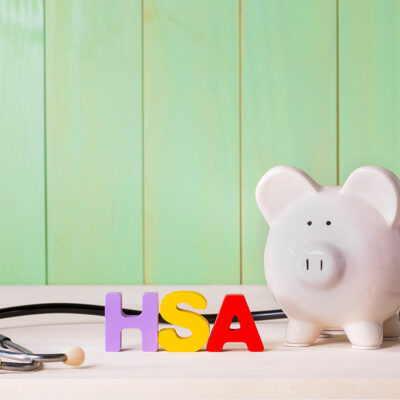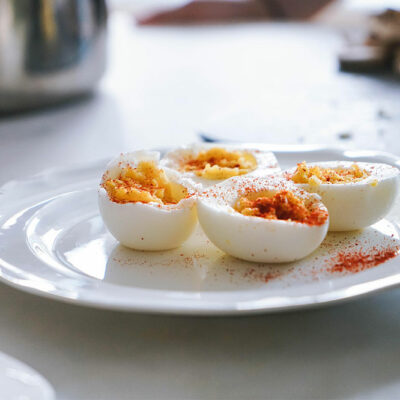
5 Helpful Diet Tips for Hemophilia Patients
Hemophilia is a bleeding disorder that lowers a person’s blood clotting, causing several complications. Apart from conventional treatment methods, dietary choices play a key role in managing the condition. Read on for a few diet tips for managing hemophilia.
Follow the “Choose MyPlate” guidelines
One of the most helpful diet tips for hemophilia patients is to follow the “Choose MyPlate” guidelines that help design a healthy meal. A balanced diet is important to stay fit, as people with hemophilia can be susceptible to developing other diseases. This is especially important for children with hemophilia, and they need proper nutrition to ensure healthy growth and development and to improve their immunity.
These guidelines include the following:
- Half of the plate should contain fruits and vegetables (with high fiber content and including colorful fruits and vegetables).
- Lean protein should be included in the diet in the form of fish, chicken, turkey, eggs, nuts, tofu, or beans. Also, meat should be grilled or baked instead of fried.
- Whole grains should be used instead of processed grains.
- Low-fat milk should be used without additional sugar. Also, not more than 6 teaspoons of sugar should be consumed in a day.
- Unsaturated fats like fish, olive oil, canola oil, avocado, and walnuts should be included in the diet.
Include foods rich in calcium
Foods rich in calcium are necessary for strong teeth in children, and it is important since gum problems can lead to bleeding. Calcium is also required for bone growth in children, and it is present in low-fat milk and cheese, yogurt, fortified orange juice, beans, dark leafy greens, and almonds.
Eat foods rich in iron
Foods rich in iron are essential parts of the diet, as iron is required to make new red blood cells in the body. Bleeding can cause depletion of iron, so sufficient iron-rich foods must be included in the diet. Iron also helps the body recover from bleeding episodes. Some iron-rich foods to include in the diet are:
- Liver
- Beans and peas
- Leafy green vegetables
- Poultry meat
- Dried fruits like apricot and raisin
- Seafood
- Lean red meat
- Fortified cereals
Take supplements
Supplements can be helpful in providing nutrients if one doesn’t get enough nutrition from their diet. Dietary supplements can be taken to ensure that the body has adequate folic acid and vitamin B6 and B12. Fish oil supplements, vitamin E supplements, and ginkgo should be avoided. Also, it’s advisable to consult a doctor before taking supplements.
Avoid trigger foods
Certain foods are best avoided for hemophilia patients, as they can lower immunity and cause other health issues like obesity, increasing the risk of high blood pressure and diabetes. The foods to be avoided for hemophiliacs include:
- Beverages with high sugar content, including soft drinks and energy drinks
- Fried foods
- Full-fat milk products
- Candies and other desserts
- Foods with trans fats like pizza, pastries, fries, chips, and cookies
- Salty and processed foods
These diet tips for hemophilia patients can help manage the condition better and improve a patient’s quality of life significantly.


